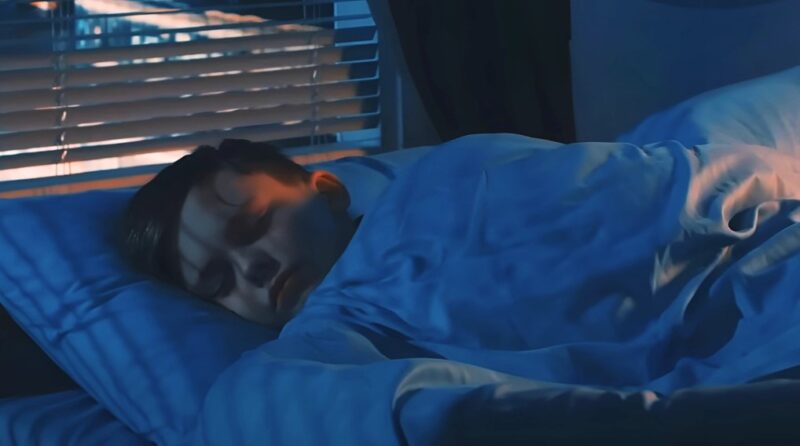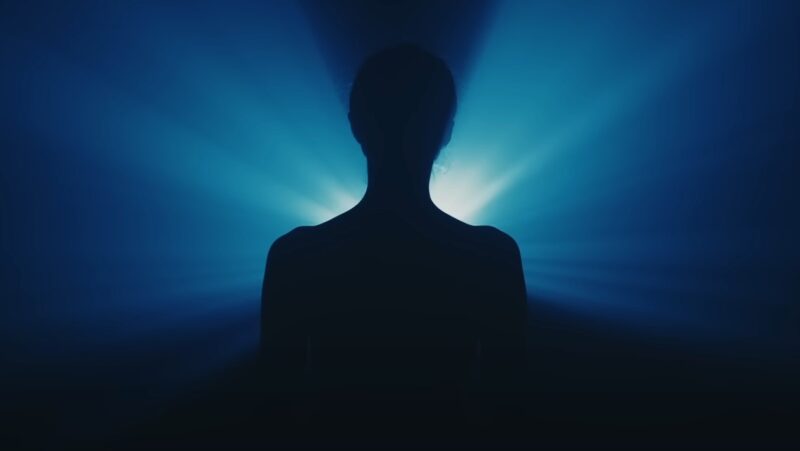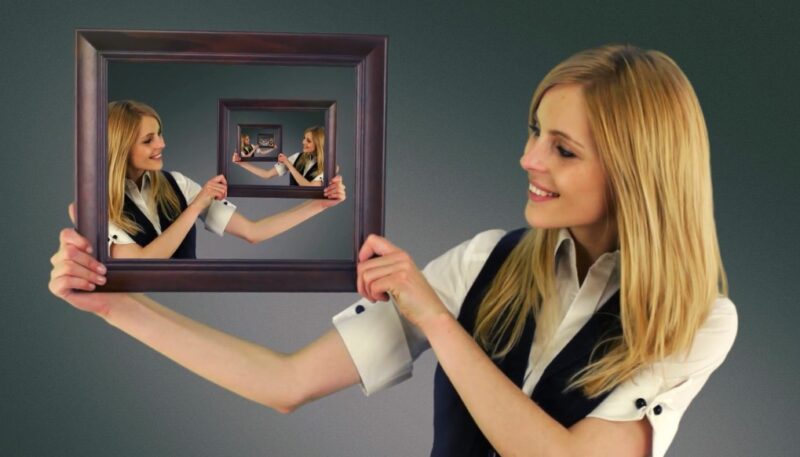Ever had that creepy feeling when something happens, and you’re convinced it’s happened before? You stand there, scratching your head, trying to figure out if you’re stuck in a glitchy video game. Welcome to the weird world of deja vu.
But wait, there’s more! How about those dreams that are so vivid you could swear they’re reafl? That’s deja reve. And, for the cherry on top, let’s talk about predicting the future through dreams.
Theories Behind Deja Vu – “Already Seen”
The exact cause of deja vu remains a bit of a mystery. However, several theories attempt to shed some light on this phenomenon:
Neurological Theories
One popular explanation links deja vu to our brain’s memory systems. When there’s a slight delay in transferring information from short-term to long-term memory, it can create a false sense of familiarity.
Some researchers even connect deja vu to temporal lobe epilepsy, where brief electrical disturbances in the brain trigger these sensations.
Dual Processing Theory
According to this theory, our brain processes information through parallel pathways. If one of these pathways experiences a delay or glitch, it creates a perception of duplication, leading to that deja vu feeling.
Memory Recall
Another idea suggests that deja vu happens when there’s a partial overlap between a new experience and a past memory.
This overlap might involve implicit memories—those subtle memories we aren’t consciously aware of but still influence our perceptions.
Deja Reve – “Already Dreamed”

Now, let’s talk about deja reve, meaning “already dreamed.” Unlike deja vu, this is the sensation that a current situation was experienced in a dream. Though less common, deja reve is equally intriguing and comes in a few flavors:
- Episodic Deja Reve: This involves a specific memory of dreaming about the current situation. It feels like the exact scenario unfolding in reality was previously dreamed in detail.
- Familiarity-Based Deja Reve: Here, you get a vague sense that the current experience was dreamt before, but without specific details. It’s more about a general feeling of familiarity rather than a precise recollection.
- Precognitive Deja Reve: This type is the most fascinating and controversial, associated with the belief that the dream predicted the future. It often links to premonitions and prophetic dreams.
Connecting Deja Vu and Deja Reve
Though both phenomena involve a sense of familiarity and past experience, they differ in origins and manifestations. Deja vu focuses on the immediate present feeling familiar, whereas deja reve connects to dream states and past sleep experiences.
Interestingly, research suggests that both might be related to the brain’s memory processing systems. For instance, a study published in the “Brain Stimulation Journal” explored how electrical brain stimulation could induce deja reve in patients, highlighting the neurological underpinnings of these experiences.
Dream Predictions (Can We Really See the Future?)

The idea that dreams can predict the future has fascinated humans for centuries. Ancient Greeks and Egyptians held dreams in high regard, often interpreting them as prophetic tools. But what does modern science say?
Scientific Perspective
From a scientific standpoint, dream predictions are often seen as a result of coincidence, selective memory, or the brain’s pattern recognition capabilities.
Our brains are great at finding connections between seemingly unrelated events, which can create the illusion of a dream predicting the future.
Psychological Factors
Psychologically, dreams are considered reflections of our subconscious minds, processing daily experiences, emotions, and thoughts.
Sometimes, these dream elements might align with future events, leading to the belief in prophetic dreams.
Anecdotal Evidence
Despite the lack of scientific proof, many people report having dreams that later come true. These personal stories keep the belief in dream predictions alive, even if they’re not verified by empirical research.
Practical Applications and Cultural Significance

In various cultures, dreams and deja experiences hold significant meaning. Indigenous tribes, for example, often see dreams as guidance from the spiritual world.
In modern times, dream analysis plays a role in psychotherapy to explore an individual’s subconscious mind.
Therapeutic Uses
In therapy, exploring deja vu and deja reve can help address underlying psychological issues. These experiences might reveal suppressed memories, unresolved conflicts, or emotional states needing attention.
Cultural Practices
Some cultures have rituals and practices designed to enhance dream recall and interpretation, believing that dreams offer insights into the future or the spiritual realm.
When to Worry About Deja Vu and Deja Reve

For the most part, deja vu and deja reve are perfectly normal. They’re just quirks of the brain, like getting a song stuck in your head or forgetting what you dreamed, or why you walked into a room.
But, if they happen too frequently or are accompanied by other symptoms, it might be worth checking with a doctor.
Possible Red Flags
- Frequent Episodes: If you’re experiencing deja vu or deja reve multiple times a week, it could be a sign of something more serious.
- Neurological Symptoms: Symptoms like confusion, memory loss, or seizures alongside deja vu might indicate a neurological condition.
The Intrigue of Human Cognition
Deja vu, deja reve, and dream predictions are captivating phenomena that bridge the gap between physical reality, memory, and the subconscious mind. While scientific explanations provide some insights, these experiences continue to intrigue and mystify us.
Exploring their mechanisms and implications can enrich our comprehension of human cognition and the complex interplay between the conscious and subconscious realms.
Whether viewed through the lens of science or mysticism, these phenomena remind us of the profound mysteries of the human mind and its capacity to blur the lines between past, present, and future.
So next time you experience a moment of deja vu or have a dream that feels oddly familiar, take a moment to appreciate the fascinating workings of your mind. You’re part of an age-old puzzle that continues to captivate and inspire us all.

